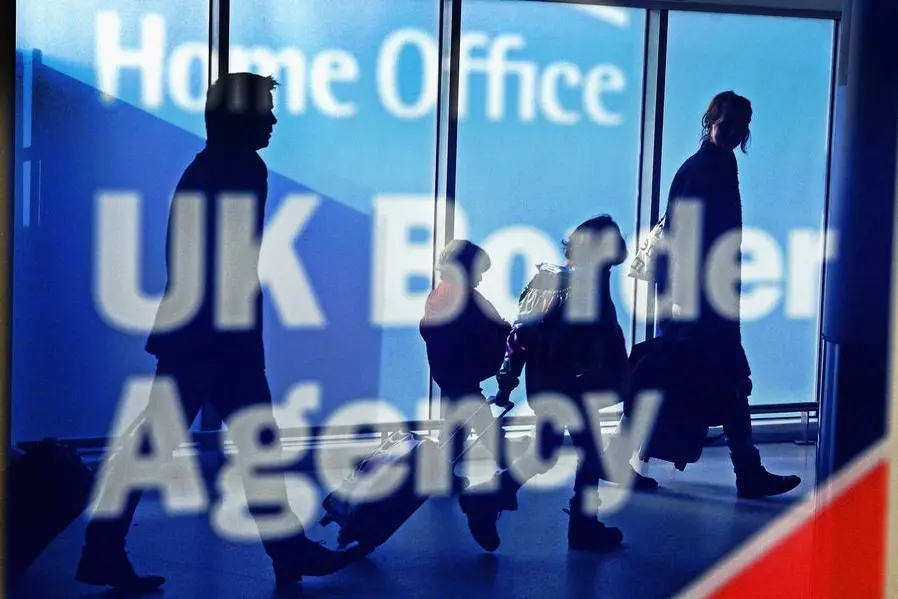PHOTO
According to the report released by the UK government, Nigeria saw a 251% increase in nationals migrating to the UK in 2023 compared to last year.
Between March 2021–22, 5 009 Nigerians were granted skilled-worker and healthcare visas.
By the same time this year, 12 587 Nigerians had been granted these visas.
Zimbabwe comes in second to Nigeria. Between March 2001-22, the report states that 2 630 Zimbabweans were granted the UK visa. By March this year, there had been a 562% increase, representing 14 791 new visas.
Nigeria and Zimbabwe came in second and third place globally, behind India, which has 33% of visa grants.
Skills in developed nations
The World Health Organisation (WHO) has a red flag list of 55 countries from which developed nations have been asked not to hire healthcare workers, because those countries have fragile health sectors and need human resources.
The African countries on the list are: Nigeria, Zimbabwe, Madagascar, Malawi, Mali, Mauritania, Mozambique, Niger, Papua New Guinea, Rwanda, Senegal, Sierra Leone, Somalia, South Sudan, Sudan, Tanzania, Togo, Uganda, Vanuatu, and Zambia.
Government-to-government arrangements for recruiting remain in place.
This instruction was included in the UK’s Code of Practice for the international recruitment of health and social care personnel.
The UK’s revised code states:
Heath and social care organisations in England do not actively recruit from those countries the World Health Organization (WHO) recognise as having the most pressing health and care workforce-related challenges unless there is a government-to-government agreement to support managed recruitment activities.
The only active government-to-government agreements are with India, Kenya, Malaysia, Nepal, the Philippines, and Sri Lanka.
Meanwhile, the UK has made about R363.99 million (£15 million) available under the Official Development Assistance (ODA) budget for 2022-2025 for Kenya, Nigeria and Ghana.
The money will be used to strengthen the health workforce in those countries.
“Highly skilled, resilient staff are the backbone of a strong health service, so I’m delighted we can support the training, recruitment, and retention of skilled health workforces in Kenya, Nigeria, and Ghana,” said UK Health Minister Will Quince in a statement.
The UK had arrived at this decision after considering the negative impact of the Covid-19 global pandemic.
Quince said:
This funding aims to make a real difference in strengthening the performance of health systems in each of the participating countries, which will have a knock-on effect on boosting global pandemic preparedness and reducing health inequalities.
“The pandemic showed us that patients in the UK are not safe unless the world as a whole is resilient against health threats, and this will help us deliver on that ambition.”
The ODA was awarded to Kenya, Nigeria and Ghana because these countries had a demonstrable need for workforce support, as shown by their high population mortality rates, low staffing levels, and unemployment among their qualified health professionals.
© Copyright The Zimbabwean. All rights reserved. Provided by SyndiGate Media Inc. (Syndigate.info).




















